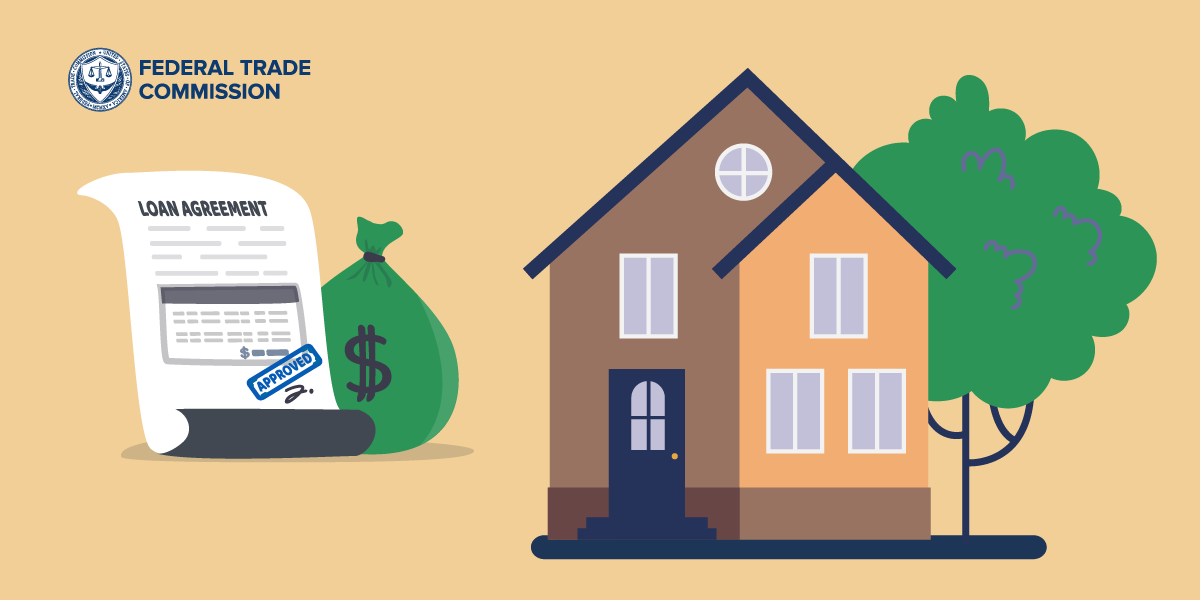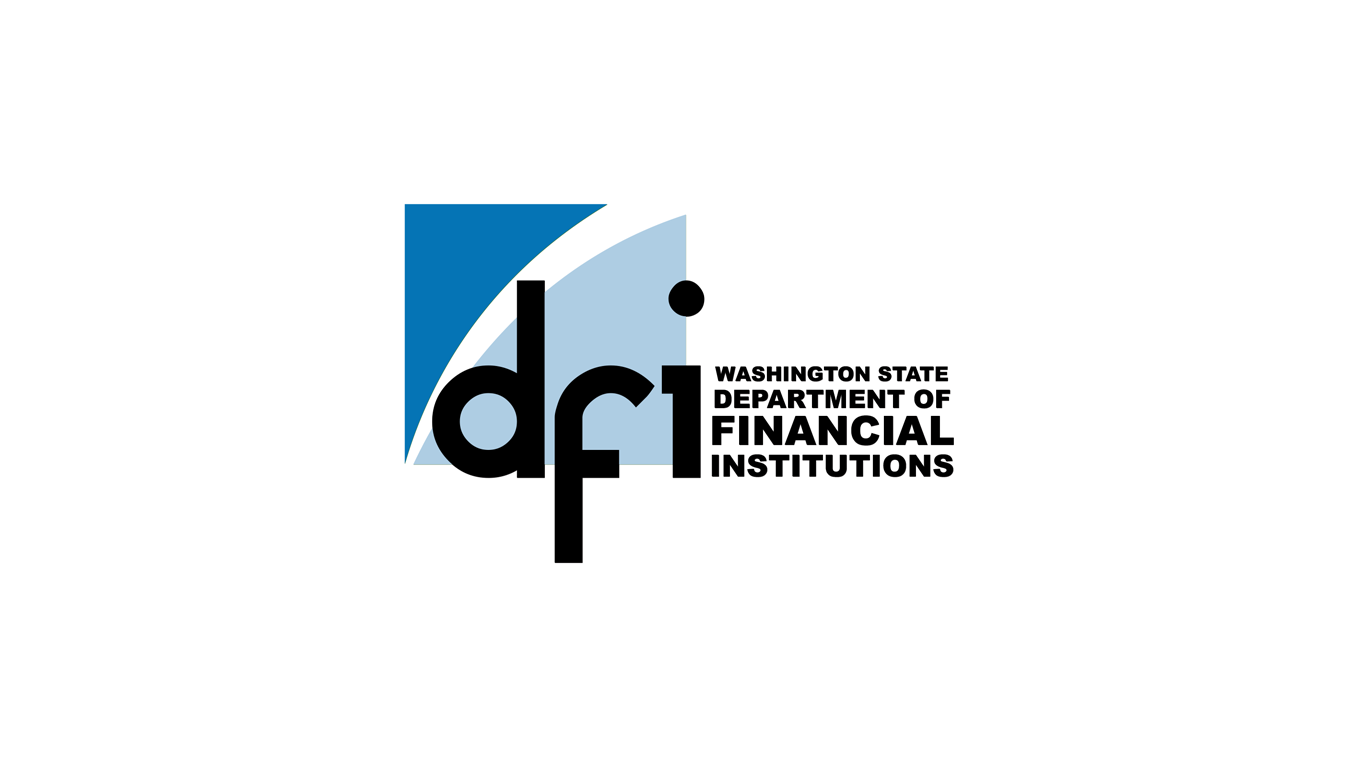Imagine living in your home during your golden years, without the pressure of monthly mortgage payments, while having extra cash to supplement your retirement income. Sounds ideal, right? This is where reverse mortgages come into play, a financial tool designed for homeowners aged 62 and older, allowing them to access the equity in their homes without having to sell or move out. Think of it as a way to tap into your home’s value, turning it into cash that you can use today, with repayment deferred until later.
Qualifying for a reverse mortgage is straightforward: You must be at least 62 years old, and your home should be your primary residence. The beauty of a reverse mortgage lies in its flexibility, offering you cash in a lump sum, monthly payments, or as a line of credit. Your home must be a single-family, one-unit dwelling, or a two-to-four unit home with you living in one of the units. Some condos, planned unit developments, or manufactured homes may qualify, while co-ops and most mobile homes do not.

- Understanding Reverse Mortgages: A gateway to unlocking your home equity in retirement. Source: @FTC – consumer.ftc.gov
Why might someone consider a reverse mortgage? The answers are as diverse as the homeowners themselves. It could be a strategy to supplement retirement income, cover healthcare expenses, make home improvements, or simply to enjoy a bit more financial freedom in retirement. The loan proceeds are yours to use as you wish, received through various payment options tailored to suit your needs. This autonomy over your finances is one of the key attractions of reverse mortgages, offering peace of mind and security during retirement.

However, diving into a reverse mortgage requires a thorough understanding of the financial implications. As you access the equity in your home, the loan balance grows over time due to accumulated interest. While you’re not required to make monthly payments, you must keep up with property taxes, insurance, and maintenance costs. Failure to meet these obligations could lead to default. It’s also vital to consider the impact of a reverse mortgage on your estate and heirs, as it could reduce the amount of wealth passed on.
For homeowners contemplating a reverse mortgage, the journey begins with education and careful consideration. Engaging with a HUD-approved counselor is a great first step, helping you navigate the complexities and make an informed decision. Exploring the different types of reverse mortgages, comparing offers from various lenders, and understanding your rights, including the right to cancel the agreement within three business days of closing, are crucial steps. By taking these precautions, you can unlock the potential of your home equity while ensuring your financial well-being in retirement.
Reverse mortgages are not a one-size-fits-all solution, but for many, they offer a meaningful way to enhance their retirement years. By leveraging the equity in their home, seniors can access needed funds without the constraints of regular mortgage payments. If you’re considering a reverse mortgage, take your time, gather information, and consult with professionals to ensure it aligns with your retirement goals and financial situation. In doing so, you can make your home’s equity work for you, creating a more comfortable and secure retirement.
